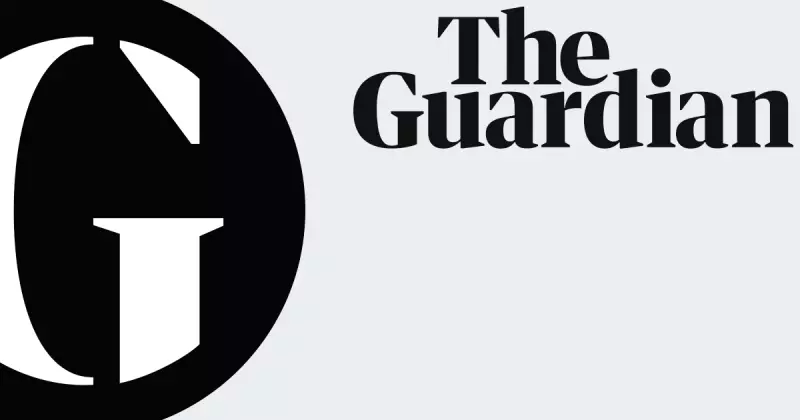
In a dramatic move that has sent shockwaves through diplomatic circles, the Australian government has declared the Iranian Ambassador persona non grata, ordering his immediate expulsion from the country.
The decisive action marks a significant escalation in tensions between the two nations, reflecting Canberra's hardened stance against Tehran's activities. This bold diplomatic rebuke is one of the strongest tools a government can wield, signalling profound disapproval and effectively severing high-level communication channels.
A Parliamentary Week of Abundance
Meanwhile, Deputy Prime Minister and Defence Minister Richard Marles is steering through an exceptionally busy parliamentary session. Dubbed a 'week of abundance' by observers, the schedule is packed with critical legislation and debates demanding the government's attention.
Marles, a key figure in the Albanese government, finds himself at the centre of a political maelstrom, balancing this international crisis with a dense domestic agenda. The government's ability to manage both its formidable parliamentary workload and a major foreign policy incident is being closely scrutinised.
Implications of the Expulsion
The expulsion of a senior diplomat is never undertaken lightly. Such a move typically follows a serious breach of trust or in response to egregious actions by the represented nation. While the specific catalyst for this decision is detailed in official briefings, the act itself underscores a fundamental breakdown in bilateral relations.
This will inevitably have lasting consequences, potentially affecting trade, security cooperation, and Australia's strategic positioning within the complex geopolitics of the Middle East. The void left by the ambassador's departure raises immediate questions about the future of dialogue between Canberra and Tehran.
As Deputy PM Marles and his colleagues navigate this week of political abundance, all eyes are on how Australia's bold diplomatic stance will play out on the world stage.





